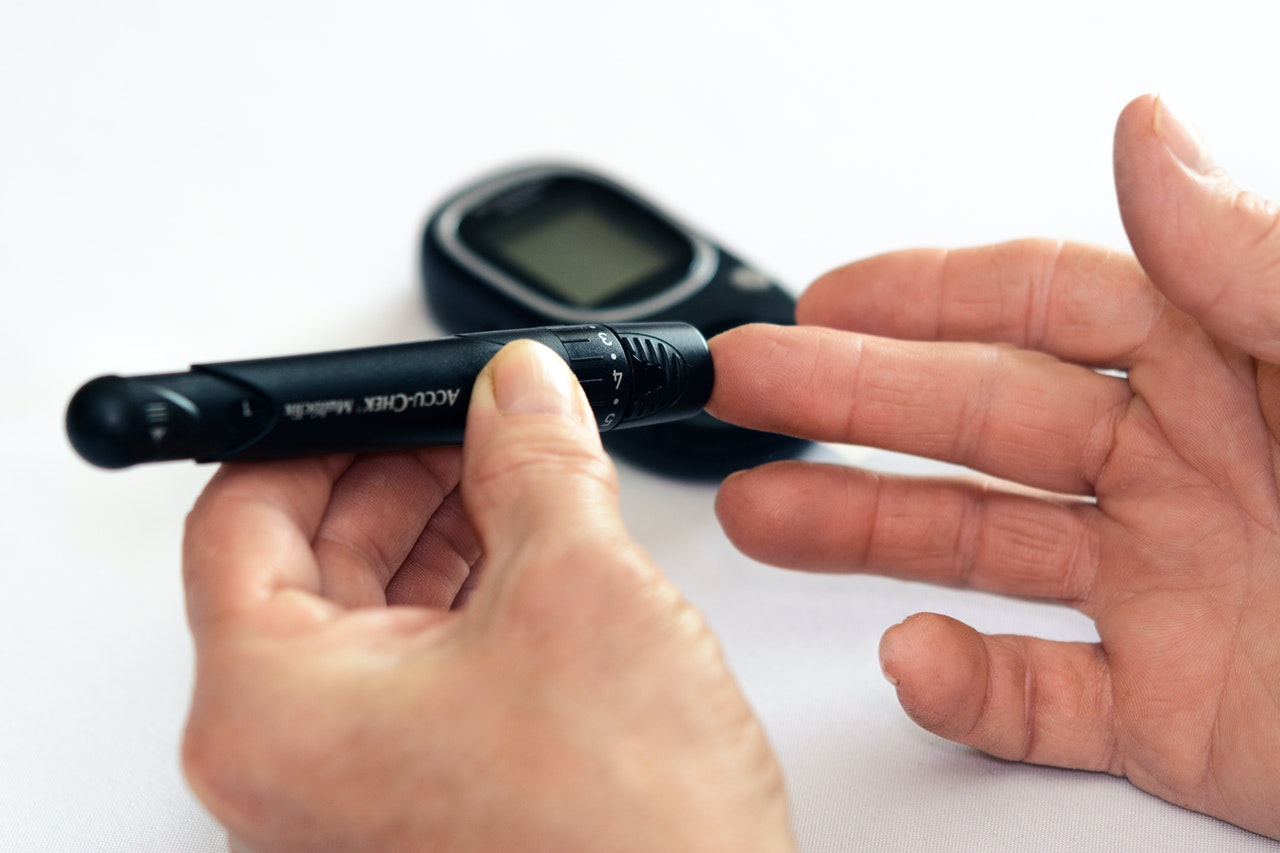Driving With Long Term Health Conditions

How Does A Long Term Health Condition Affect Driving?
There is no definitive list when it comes to medical conditions that affect driving. Due to driving being one activity that needs most of your senses to be at their best to keep yourself safe, almost all medical conditions will affect your driving, even if it’s just a cold reducing your concentration.
So you’ve just got your new car, maybe even one one of our own cheap car finance deals with no deposit, but you’ve noticed part of your health has deteriorated. So, what should you do?
Poor eyesight; poor coordination; issues with medically reduced concentration; lack of muscle control; reaction times; pain and drowsiness can all impact your safety on the road.
If you have any long-term condition that could affect your driving, it’s up to you to let the DVLA know in most cases. However, it’s always good to consult with your healthcare professional as to whether they believe it is best to. You’ll need to keep your insurance company up to date, too: your insurance could be invalid if you don’t declare your long term health condition. Your doctor can tell you if your driving could be affected.
Here are three more common long term medical conditions that could affect your driving:
Diabetes
Type 1 and 2 diabetes can both take an effect on your driving. For many, this will just be the long term health conditions that often come with poor control of the disease. Poor eyesight is often a symptom of long term type 2 and 1 diabetes and has an immediate effect on your driving ability.
For type 1 diabetics, driving under caution is very important. Unlike type 2 diabetics, type 1 diabetic’s blood sugars can often swing wildly out of control, resulting in hyperglycaemic (when blood sugar levels rise too high) attacks and hypoglycaemic (when blood sugar levels drop too low) attacks.
When sugar levels are too high, there are symptoms that can directly impact driving. Shorter temper, increased stress, poor eyesight, tiredness and a lack of concentration could often indicate a type 1 diabetic’s level may be too high.
When low, a type 1 diabetic can put themselves in real danger when it comes to driving. Low sugar can make anybody, diabetic or not, tired, shaky, have a lack of focus and concentration and sickness.
Often, these symptoms are heightened and made much worse for a type 1 diabetic as their bodies may have already run out of any emergency fat supply a healthy person may have.
For this reason, it’s vital that diabetics check their blood sugar level before departing on any journey and stopping to check it once again if they experience any symptoms of high or low levels when driving. It is also advised to pull over and check if you are driving for a long time as many testing kits now have the ability to highlight which direction a blood sugar level is heading, meaning you can stay ahead of any impending drops or rises.
Epilepsy
Epilepsy is perhaps the most obvious medical reason people unfortunately shouldn’t drive. Bad seizures can sometimes cause complete loss of consciousness with no warning whatsoever. For this reason, everyone with epilepsy must inform the DVLA immediately. The DVLA impose a strict rule too, where an epilepsy sufferer is not allowed to drive until you have been seizure-free for at least a year.
Blackouts
Blackouts are unfortunately very common. As many as one in three A&E attendances are due to loss of consciousness. Even more surprising than this is that it’s thought two to three times more accidents are due to blackouts than seizures. If you have ever experienced a blackout while sitting, you’ll usually need to let the DVLA know. Depending on the severity of the blackouts as well as the frequency they take place, there may be no impact on your driving whatsoever. However, it is important to check with your doctor and be advised whether driving is completely safe in your situation.
If it’s a simple faint while you’re standing you don’t need to tell them and can keep driving. However, if there’s no obvious reason for the blackout, you must tell the DVLA immediately. They’ll then proceed to send a questionnaire with more information, and you may need further medical reports expressing any concern they may have. You won’t be able to drive until one, six or 12 months after your last blackout, depending on the severity and frequency. This might sound off-putting, but don’t be tempted to keep a blackout quiet or thinking “it was just once” as unless an underlying condition has been found and medicated for, it’s often impossible to stop whatever may trigger the next one.
If you are at the wheel, all of these conditions as well as various others can put not only your own life but other lives at risk. It’s so important to keep in touch with medical professionals for direct advice on driving and then the DVLA if they believe it is necessary to do so.